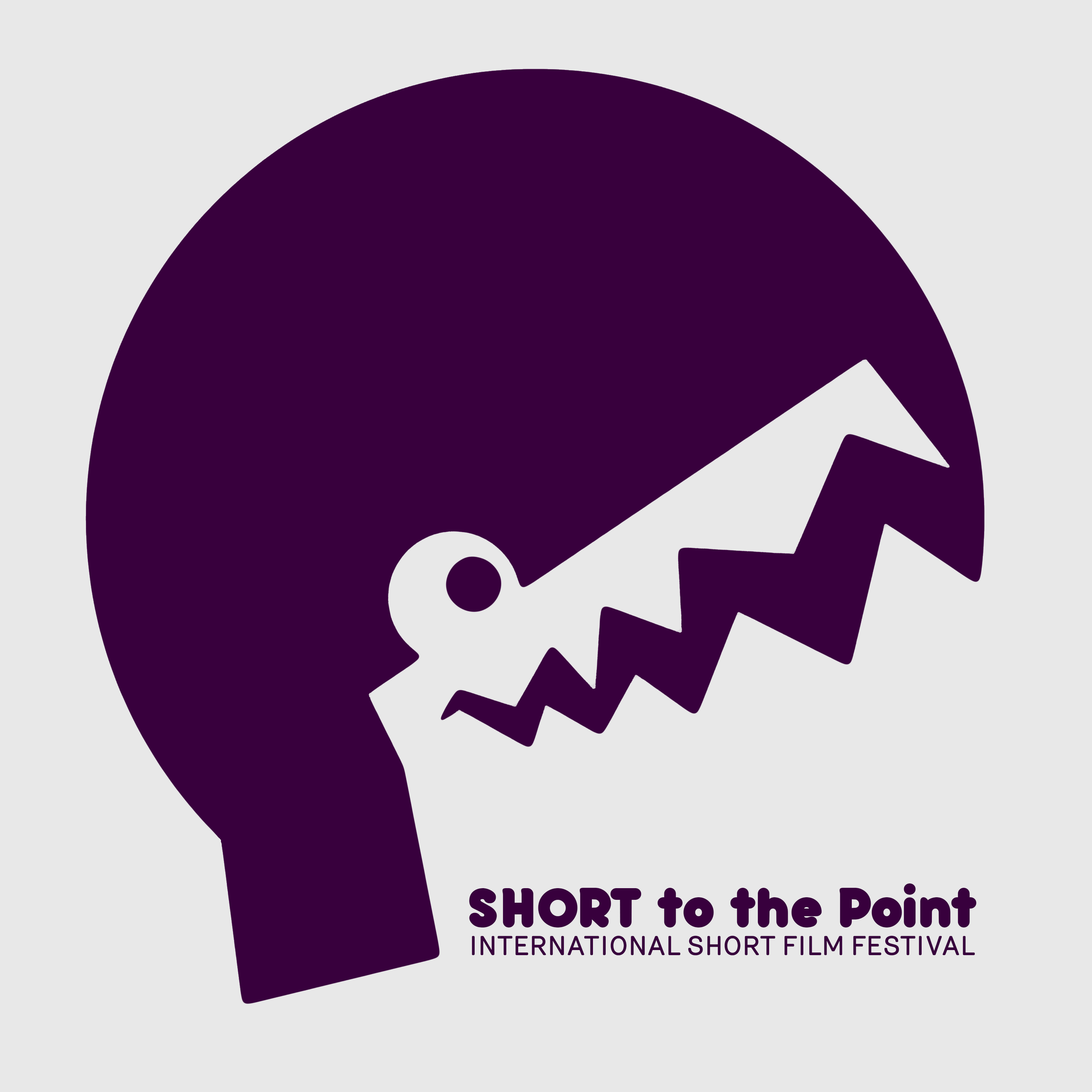- Was there a particular event or time that you recognized that filmmaking is your way of telling stories?
I was very young when I first saw Monty Python’s The Meaning of Life, but since then the absurdity of it dictated the rest of my artistic expression. Yugoslavian equivalent of Monty Python, a troupe called The New Primitives about the same time opened the door for the kind of absurdity that is related to my native cultural context which provides an endless source of inspiration and ridicule.
- Do you think it is essential to go to a film institute in order to become a successful filmmaker?
No. As a matter of act, I believe many people’s expression may be inhibited by inevitable framing of art that institutions impose. When one is mature enough, however – well formed in one’s direction, then, for the purposes of learning filming techniques it can be useful to be exposed to experienced filmmakers who then won’t be viewed as subjects of worship but rather colleagues from whom tricks can be learned.
- Is it harder to get started or to keep going? What was the particular thing that you had to conquer to do either?
For me personally, perseverance through difficult, tedious, repetitive and boring parts of the process is what represented the greatest challenge. Initial enthusiasm, naïve optimism is what makes beginnings easy, but does nothing to ensure that endeavor will result in anything.
- What was the most important lesson you had to learn that has had a positive effect on your film? How did that lesson happen?
Abandon perfectionism! I was lucky enough that my co-authors and collages were pushy enough to leave me no room for endless improvements and minute details which would postpone the completion of the film to infinity. So, if you cannot overcome your obsessions by yourself, surround yourself with people who will not let you obsess. I was just lucky to find these people (or rather, that they found me).
- What were the production realities from casting through editing that you had to accommodate? How did you navigate those compromises or surprises and still end up with a cohesive film?
The budget for the film was truly minimal, which imposed improvisation as inevitable solution. We had to deal with multiple camera models/makes, minimal sound recording options and completely inappropriate light equipment. Post production proved extremely demanding and by far the lengthiest process of all, especially when it comes to voice quality improvement. Ironically, dealing with children as actors proved to be the least of the problems, as their unpretentious appearance of front of camera greatly reduced the number of takes necessary to make a good shoot.
- What was the hardest artistic choice you made in the making of a film, at any stage in production?
The choice to cover such deep cultural subject matter with children as actors was a big decision to make. It was a gamble that paid off.
- You are a collaborator. How have you discovered members of your team and how do you keep the relationship with them strong?
Our joint enthusiasm for theater connected us at some point in life, and work with children in that regard is what bonded us further in making of this film. Neither of us approaches filmmaking as a matter of job/work/obligation, but rather as pure work of amateurism in its true meaning of the word – out of amore out of love. Often, this obsession with so-called professionalism is what clouds creativity and results in fascist relationship amongst people, so the end result is pretentious and inhumane.
- What do audiences want? And is it the filmmaker’s role to worry about that?
Audiences seek enlightenment through entertainment. And yes, the filmmaker should worry about that. There is a big difference, however, between sending a message in a way that captures audience’s attention and catering to their neurosis and weaknesses. The filmmaker should cater to the former.
- What role have film festivals played in your life so far? Why are they necessary? How do you get the most out of them?
They gave confirmation that doing this makes sense and has some value outside the circle of people making it, although I was happy with that as well. They have great contribution in being taken seriously.
- Do you believe that a filmmaker should be original and fresh or he/she should stick to classic but safe cinema style?
The filmmaker should not be pressured with originality, but should rather put one’s ideas into practice regardless of that original/non-original classification. Who determines the standards for this anyway?










